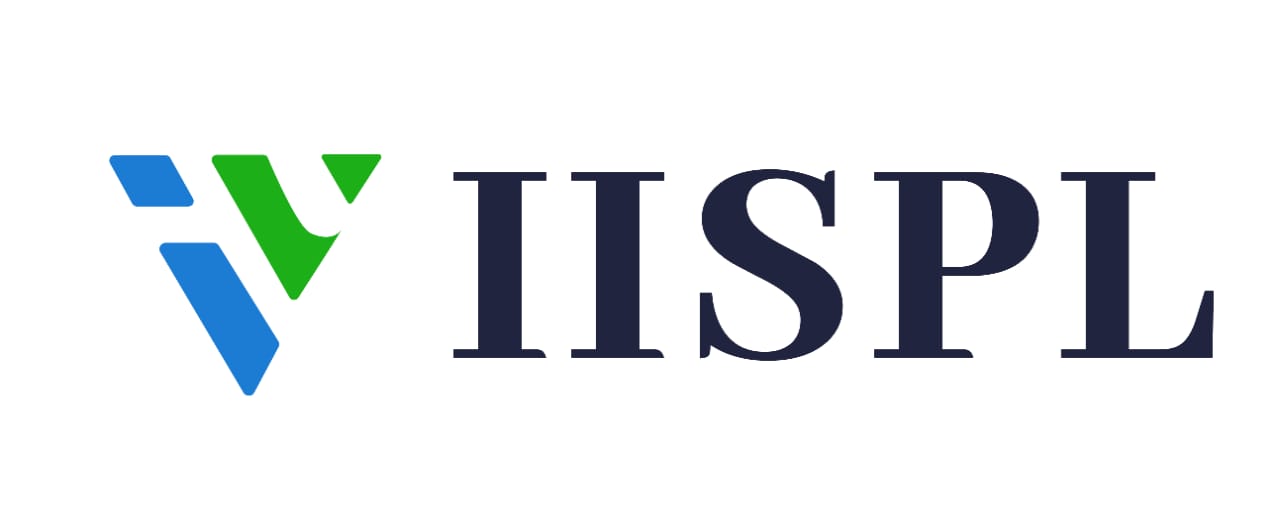Studying abroad is a thrilling opportunity—new cultures, new connections, and world-class education. But behind the excitement often lies one big question: “How do I manage
Studying abroad is a thrilling opportunity—new cultures, new connections, and world-class education. But behind the excitement often lies one big question: “How do I manage my money while studying overseas?”
Whether you’re headed to Canada, Europe, Australia, or the UK, financial planning is key to making your study abroad journey smooth and stress-free. In this guide, Indie Visa breaks down practical, real-world strategies to help you take control of your money and make the most of your experience.

💡 Still have doubts? Get personalized advice in our free counseling session! Contact Indie Visa today.
✅ 1. Start With a Realistic Budget
The #1 rule? Know what’s coming in and going out. Create a monthly budget that includes:
- Income: Scholarships, part-time work, financial aid, family support
- Expenses: Tuition, rent, groceries, transport, personal spending
Pro Tip: Use budgeting apps like YNAB or Mint, and adjust your categories based on the cost of living in your host country—Paris won’t cost the same as Prague!
✅ 2. Understand Exchange Rates & Banking
Currency exchange can eat up your budget fast.
- Open a local student bank account with no or low fees
- Avoid ATM charges and unnecessary conversion rates
- Use digital wallets or multi-currency cards when needed
Pro Tip: Compare international student banking options before departure—many countries offer special packages for students.
✅ 3. Apply for Scholarships and Financial Aid
Why pay full tuition if you don’t have to?
There are hundreds of scholarships available exclusively for international students. Start early, and don’t hesitate to apply for multiple grants, bursaries, and institutional aid.
Pro Tip: Check government scholarships, university-based aid, and country-specific programs—Indie Visa can guide you through them all.
✅ 4. Consider Part-Time Work
Working abroad isn’t just about the money—it builds local experience, improves your language skills, and grows your network.
- Check your student visa work limits
- On-campus jobs, tutoring, cafes, and internships are great options
- Be sure your work doesn’t interfere with your studies
✅ 5. Learn to Save (And Spend Smartly)
Cutting costs doesn’t mean cutting fun. Here’s how to stretch your budget:
- Cook meals instead of eating out
- Use student discounts for transport, entertainment, and shopping
- Share accommodation with other students
- Use a prepaid card for daily spending to avoid overspending
Pro Tip: Keep an emergency fund in a separate savings account—life happens.
✅ 6. Track Every ExpenseUse expense tracking apps like Revolut, Monzo, or Spendee.
- Review your weekly spending habits
- Set spending alerts
- Analyze where your money is going—and where it shouldn’t be
✅ 7. Travel Smart
Weekend getaways and trips are part of the study abroad dream—but costs add up.
- Plan early and book budget-friendly travel
- Travel with student groups or use international student discount cards
- Look for local deals through youth hostels and discount rail passes
🎯 Final Thoughts from Indie Visa
Managing your finances abroad doesn’t have to be overwhelming. With the right mindset and smart strategies, you can enjoy your international education without financial stress. Budget well, seek financial aid, work responsibly, and always track your spending.
And remember—you’re not alone in this journey.
🎓 Book Your Free Counseling Session Today!
Have questions about visas, scholarships, or budgeting abroad?
📞 Call us now at +91 70425 35606
📧 Email: info@indievisa.com
Let Indie Visa help you study smart—and live smarter.
